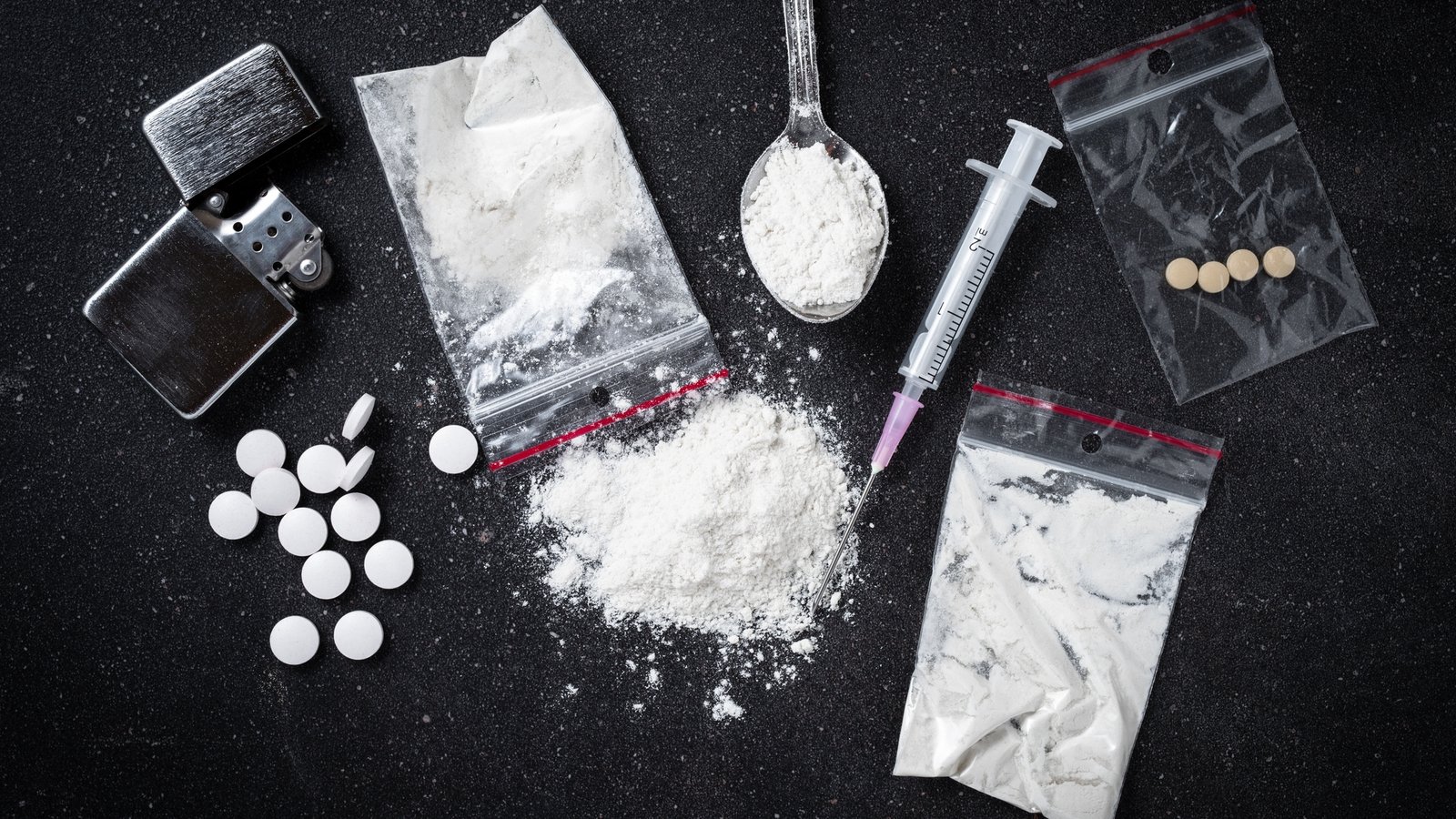World
Cttee warned of ‘consequences’ of drugs decriminalisation

Ireland has been urged to learn from the unintended harmful consequences of decriminalising drugs in a Canadian province, which included having drug users “on the beach – next to a family – smoking crack”.
Last year, British Columbia decriminalised the personal possession of 2.5 grammes of cocaine, MDMA, methamphetamines and opioids.
There were a number areas where the decriminalisation did not apply, including schools and playgrounds.
Deputy Chief Constable Fiona Wilson of the Vancouver Police Department told the Joint Committee on Drug Use that it has abandoned the pilot project in public areas – although drug use at home remains decriminalised.
By far, the leading cause of death of those aged from ten years old up to 59 is drugs, she said. In 2016, a public health emergency was declared in the province.
Police initially supported the shift from a criminal justice to “a health-led approach” to substance abuse, she said, as illegal drugs kill more people in the province that “homicides, suicides, accidents and natural disease combined”.
There already was “de facto decriminalisation, in that police officers rarely sought charges for simple possession”.
In 2022, there were only “five or six approved charges for simple possession” in Vancouver, which has a population of 700,000, Ms Wilson said.
Decriminalisation came into effect on 31 January 2023. It meant that police “lost the authoirty” to move people on, or to stop them using drugs, which was one of “the major failings” of the initiative, she added.
Making possession legal “also made drug use legal”, which was a major problem at the heart of the matter.
Ms Wilson warned that “the devil is in the details” of decriminalisation, and recounted “several high-profile instances of problematic drug use at public locations including parks, beaches, and around public transit”.
Someone could shoot up heroin at a bus stop, but not drink a beer, she said.
If a family objected to someone using crack beside them on the beach, police had to say that it was “not a police matter”.
Every day in British Columbia, illegal drugs kill six people. Since 2016, “more than 14,000” people have died from accidental overdose, Ms Wilson said.
“People are dying from fentanyl, cocaine and methamphetamine, in that order.”
Indigenous people “are six times more likely to be impacted than non-Indigenous people,” she said.
The US state of Oregon has also reversed its experiment with decriminalisation, the committee heard.
Kellen Russoniello, is the Director of Public Health for the Drug Policy Alliance, which describes itself as “the leading organisation in the United States working to end the drug war”.
He pointed to “the proliferation of fentanyl” along drug supply routes on the west coast as having undermined decriminalisation.
The powerful drug has “dramatically increased” overdose deaths.
He argued against Oregon’s recriminalisation, and said that decriminalisation “is an important component of a public health approach to drugs, but it should not act alone”.










